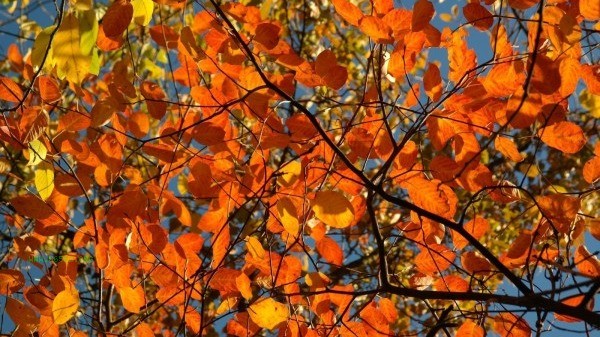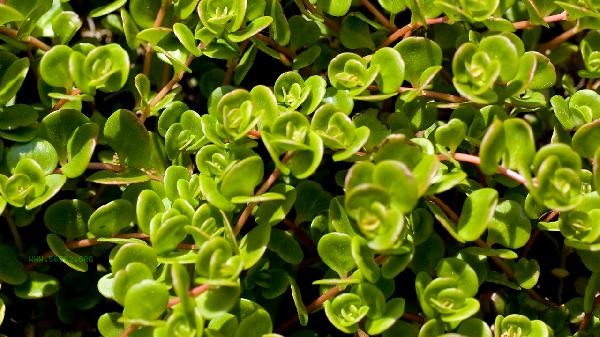The winter solstice is the shortest day and longest night for people in the northern hemisphere. On this day, our lovely sun travels to the southern hemisphere and reaches the Tropic of Cancer, preventing people in the northern hemisphere from fully enjoying its warmth. The arrival of the Winter Solstice Festival means that the true winter has arrived. After this day, the sun will come back, so when winter arrives, there is hope for spring. When it comes to winter solstice health care, it cannot be separated from the ancient theory of yin and yang. Its influence can be said to be profound, not only used to describe nature and the human body, but also to describe social phenomena. There are many idioms that refer to social phenomena, such as' neither yin nor yang ',' yang follows yin but contradicts yin ',' yin is wrong ', and so on. The Winter Solstice holds significant importance in traditional culture. In ancient times, it was an important festival, and its influence can still be seen in the south, especially in the southeast region.

Today, my topic would like to start with "The Inner Canon - The Great Theory of Regulating the Four Qi and Mind" to talk about the Four Seasons Health Care. The original text is as follows: "In the third month of winter, this is the closed storage, with water and ice on the ground. Do not disturb the yang. Lie down early and wake up late, and wait for the sunlight to make your mind calm and hide. If you have private intentions, if you have already obtained them, remove the cold and warm the skin, without releasing the skin, causing extreme loss of qi. The response of winter qi is the way to nourish storage; if it is reversed, it will damage the kidneys. In spring, it will be weak and faint, and there will be few people who give birth."
1. Climate and phenological characteristics: "In the third month of winter, this is the closed storage, with water and ice on the ground The characteristic of climate is cold, especially in areas north of the Tropic of Cancer, where temperatures drop below zero and water freezes over; The characteristic of phenology is depression. The leaves of plants have fallen almost completely, even evergreen plants have weathered leaves; The fruit is not only ripe, but also harvested, and the animal's activity is significantly reduced, or rather hibernating.
2. Health points:
(1) General principle: Do not disturb the yang. People should also be like nature. In winter, they should reduce their outdoor time and maintain emotional peace. Being cold outdoors can damage their yang energy. Being angry may cause liver qi stagnation and liver yang hyperactivity.
(2) Living: Wake up early and wait for sunlight. Sleeping earlier and waking up later in daily life than in the other three seasons is also a requirement of Wuyang. Waiting for sunlight means that if we engage in long-term outdoor activities, it is best to go out when there is sunlight. This is especially true for elderly people with cardiovascular disease. Winter is a high-risk season for cardiovascular and cerebrovascular diseases. Cold air can stimulate the face, causing blood vessel constriction and increasing the risk of cardiovascular disease attacks, which can raise blood pressure. This is why acute myocardial infarction and stroke are common in winter.
(3) Emotions: Make one's aspirations faint and hidden, if there are personal desires, if there are already gains. Zhi, from ancient Chinese, means "the direction of one's wishes". "To make one's aspirations seem dormant or hidden" means not to have unrealistic desires, to often feel satisfied, and to maintain a peaceful mindset.
(4) Dressing: Warm up when you go cold. Wear more clothes appropriately, especially for people with cardiovascular and chronic respiratory diseases, and pay attention to maintaining them in winter.
(5) Diet: Remove coldness and warm up. That is to say, we should focus on cooked and hot foods, and secondly, from the perspective of the four qi and five flavor properties of food, we should also lean towards warm foods such as lamb, dog meat, walnuts, scallions, and ginger.
(6) Exercise: No disturbance to the yang. Moderate exercise is not advisable to sweat profusely.




Comments (0)
Leave a Comment
No comments yet
Be the first to share your thoughts!